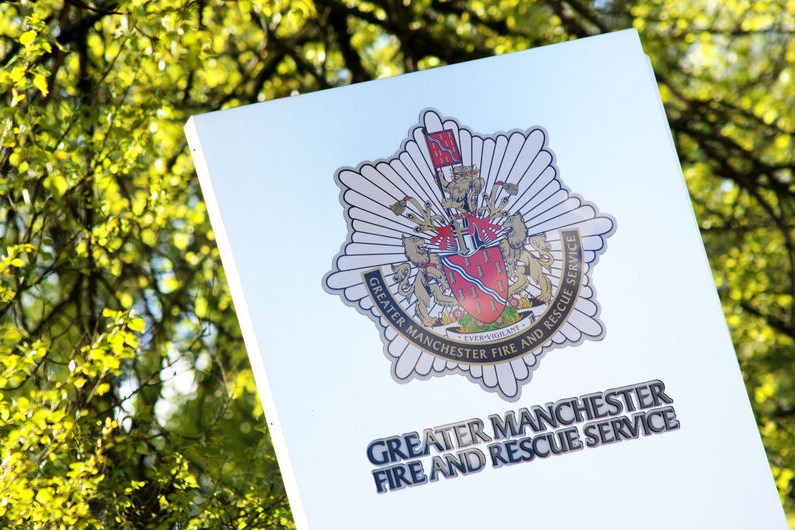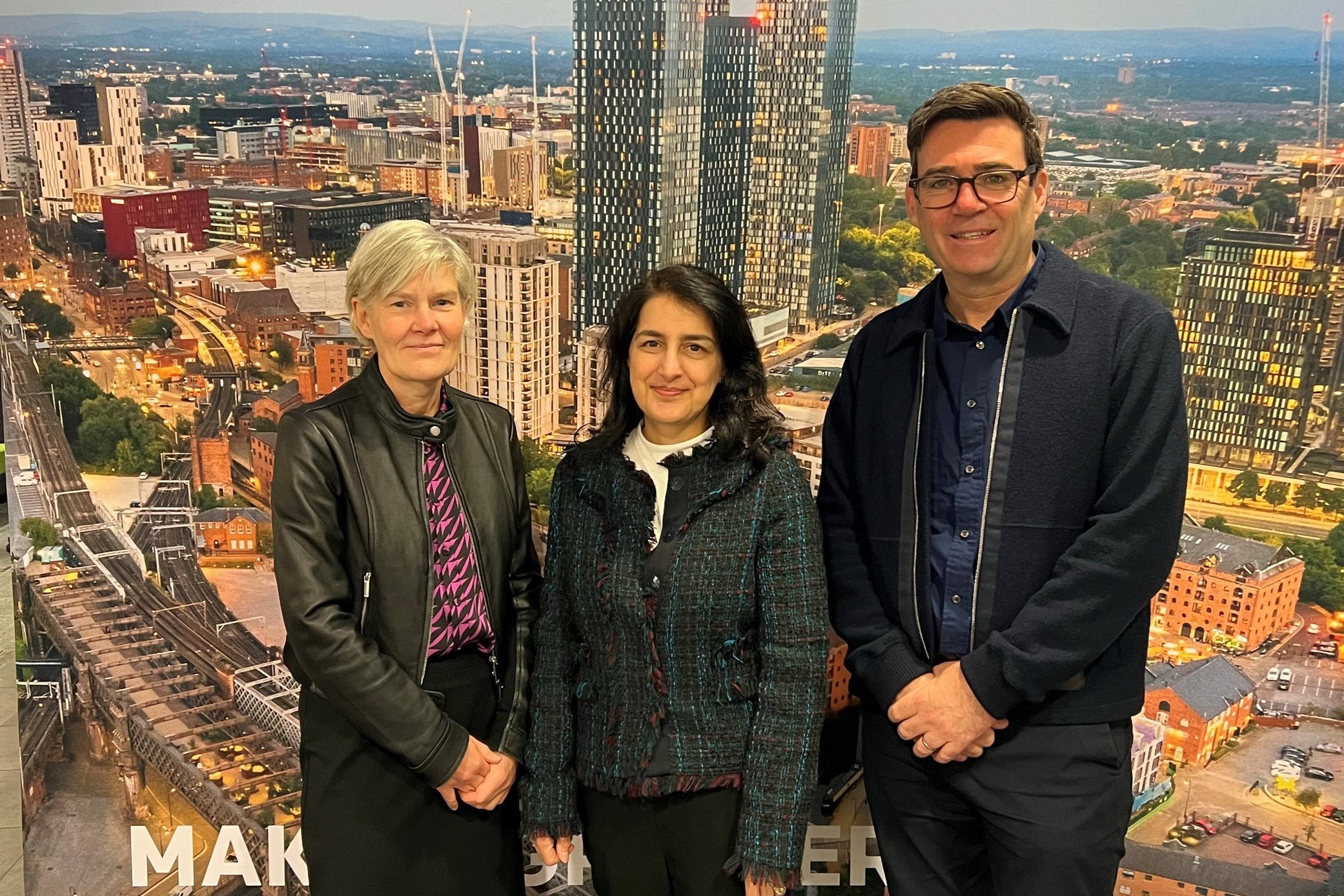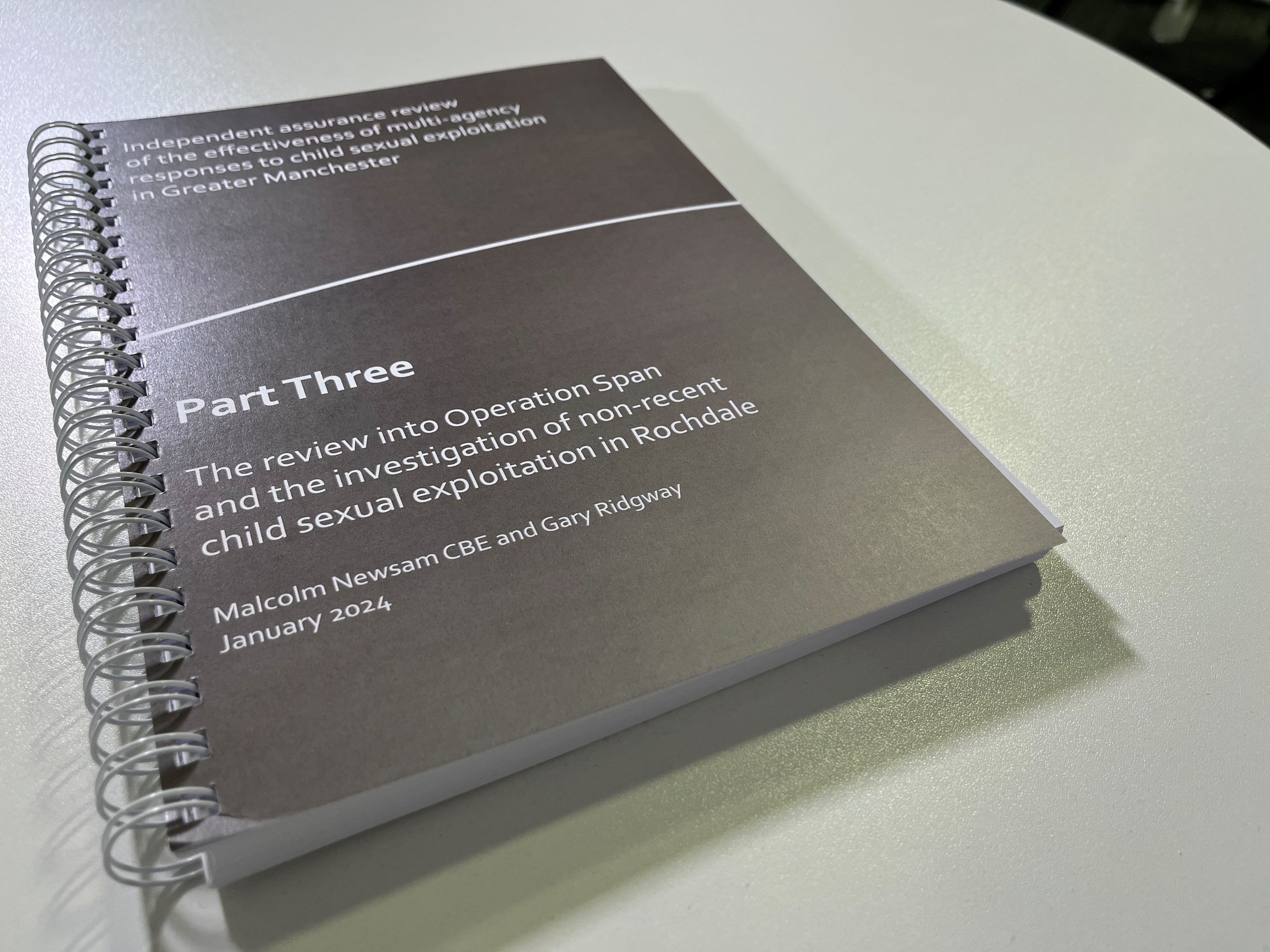
Statement from Mayor of Greater Manchester at Police and Crime Panel meeting
Statement from the Mayor of Greater Manchester at the Police and Crime Panel Meeting, Friday 29 January 2021
Since the HMIC report was published, the Deputy Mayor and I have been reflecting carefully on it and considering what needs to be done.
Today I wanted to take this opportunity of providing members of the Panel – and by extension our residents - with a much fuller, and franker, assessment of the background before turning to solutions and this year’s revised precept proposal.
We know that the concerns raised by HMIC, about GMP’s reporting of crime and support for victims, are not new. They go back to 2016 and, in fact, by 2018, the force was found to have made progress. But it was not sustained and we have to ask: why not?
This takes us to the need for an honest assessment of the root causes of GMP’s difficulties.
Of course, the funding cuts since 2010 have had an impact on GMP’s capability and performance. The loss of £215m and 2000 officers is a major cause of its problems. But, in truth, it’s not the only cause.
We need to delve deeper and consider whether more significant operational, structural and cultural problems are preventing GMP from being the police force we all want it to be.
While we have not made it public before, that is in fact what the Deputy Mayor and I have been doing over the period of our time in office. We have been scrutinising the force closely, and challenging them robustly, and today we want to share with you our conclusions.
First let me address the operational and structural questions.
When we have addressed questions of GMP performance in recent years, many of us have rightly pointed to Government cuts.
But this is not the full story and any honest assessment of the kind I mentioned earlier requires us to call it exactly as it is.
A more accurate statement would be to say that the cuts have had an impact but so has the way that GMP responded to those cuts.
Policing was changing between 2010 and 2020 and becoming more complex, with cyber crime, fraud, terrorism and child sexual exploitation becoming a greater part of the workload.
But it is clear that there was a failure fully to understand the nature of that changing demand and match available human resource to meet it.
There were two particular decisions taken in response to dealing with the cuts which we believe are major factors in the problems we have seen.
First, particularly between 2010 and 2017, there was a rebalancing of resources between localities and the centre. This retrenchment led to a significant reduction in Chief Superintendents and support staff within the divisions.
Second, a new operating model was introduced based on officers becoming “omni competent” and taking on a much wider range of responsibilities.
We believe the combination of asking officers to respond to incidents of much greater complexity with less supervision by more experienced officers, and support from civilian staff, was in retrospect a major mistake.
Now let me turn to the cultural issues.
These structural changes, which placed extra pressure on frontline staff, came on top of a pre-existing negative, defensive culture in parts of the organisation.
This manifests itself in different ways.
At local level, where issues disappear into a black hole or a poor response is provided, the public have on occasion been offered excuses about resources rather than what should happen which is an upfront acknowledgement and amends made.
At the most senior level, there has been in recent times a persistent and repeated underplaying of problems and, at worst, information being deliberately withheld from myself and the deputy mayor.
So this is the moment to call it as it is. On some of the biggest issues we have asked the force to address in recent years – the Kerslake report, child sexual exploitation, the iOPS system – we have often faced a wall of resistance and a war of attrition to get the openness which we believe was necessary.
Some have asked ask why we didn’t act sooner. There are two things I would say in answer to this.
The first is that we did act – we challenged the then Chief Constable regularly on whole range of issues but we did so carefully and out of the public eye recognising the need to provide stability for the force. For example, on the operating model and the omni-competent officer section, concerns were repeatedly raised but, as an operational matter, it was not within our power to order a change.
The second answer is that action requires clear evidence. There is a difference between allegations and evidence. Many of the former were submitted to us, were always investigated and mostly not proven. However, clear evidence of failure was provided by HMIC and it confirmed the conclusions we had both reached over recent years. Hence, the time had arrived to act and open all of these issues up.
In my 20 years as an elected representative in Greater Manchester, there has never been an open review of the force and its structures, practices and culture. But now is the time to do that. We need to involve people at every level of the force, its partners, elected representatives, our communities and residents so we can agree a new direction for the force and make this a moment of positive change.
Part of that will undoubtedly reveal that there is so much about Greater Manchester Police which is outstanding and many brilliant people working within it utterly dedicated to their communities and what they do.
But it will I’m sure also reveal poor practice in places and some entrenched issues which need to be addressed.
I have been clear with the Acting Chief about what I want to see: a culture of positive, accountable, victim-centred policing right throughout the force.
Already in the past month, the Deputy Mayor and I have seen a change in approach and positive progress being made towards this goal.
We strongly welcome the Acting Chief’s Think Victim campaign and the training provided to all frontline officers on the issues raised by the HMIC.
And we are grateful for the swift action taken by the Acting Chief and his team to implement the named, contactable PC and PCSO for every resident in GM which the Panel will remember was promised this time last year.
This new approach is designed to rebuild confidence, not least your confidence and the confidence of councillors across GM, who have rightly challenged us to guarantee a level of police cover in their areas.
This change has been made possible by our decision in 2017 to end the cuts to frontline numbers, a decision which has been supported by this Panel with support for the precept increases we have seen in recent years. Thanks to your support, and the support from the GM public, we now have 667 extra officer than we did in 2017.
We have of course been consulting on the proposed £15 increase for next year. This year, unlike others, it has not received majority support from the public. I understand why given the challenging nature of these times but also because of the internal challenges in the organisation.
As always, I listen carefully to what our residents are saying. As a result, I am proposing to reduce the precept to £10 – which will mean that GMP won’t be able to do everything it planned but will still be able to expand its frontline strength by a further 325 officers in the coming year – meaning we will have restored 1000 of the 2000 officers cut since 2010.
This is not a vote of no confidence in our frontline staff; in fact, the opposite – we intend to use the precept for better kit, particularly footwear, training. Instead, it is a message to senior management that we expect delivery and that more money isn’t the answer to every problem.
We believe the move towards named, contactable officers is evidence of delivery and builds the public accountability we are so determined to see.
But of course this is just a step on the road to where we all want GMP to be. Beyond the detailed action plan developed by the force to address the immediate issues identified by HMIC, there will be a root-and-branch review of structures, practices and culture – including the operational model – and we will want to involve the panel in that, alongside police staff, trade unions, MPs and elected representatives and of course the public.
I believe the review should also include the arrangements for public governance and scrutiny with a view to how they can be strengthened further.
In conclusion, Chair, what I have tried to give you today is a frank assessment of the situation we are in and the positive progress we have made since the HMIC published its report. It is early days but we are taking the right steps and had a constructive meeting with HMIC earlier this week. With the Panel’s support today, I believe GMP will make more progress next year towards more positive, accountable, victim-centred policing.
Article Published: 29/01/2021 17:51 PM



